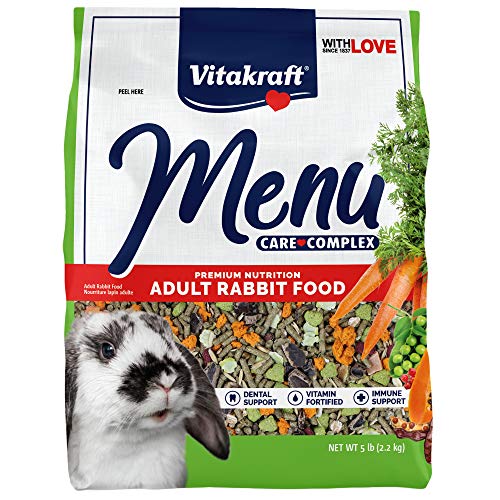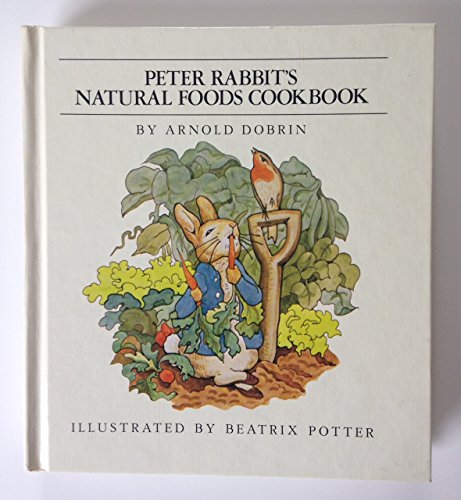I've been asked to transport later this spring. I have also had buns delivered by "professional" transporters ... It is how they make their living, really nice older retired couple!
Anyway, we sat down for a meal and I got to ask a lot of questions.
1. What about illness? They worried about that constantly, but used a vinegar/water spray of the cages between animals (rabbits, Guinea pigs, goats, chickens, etc) and refused any with obvious health issues.
2. What if one dies ... Accidents do happen? Yes, that had happened, so their policy was to notify seller and buyer and they would deliver the carcass to buyer if they wanted, some did some didn't, but they had a small chest freezer in their truck just for that.
3. What about feed/water? All were required to provide feed in a plastic container with a snap on lid, with rabbit name, sellers name and buyers name on it. Some also provided water some didn't. Same with hay, but it should be in a tyvek feed bag (we all got those LOL) also with names on the front.
Basically, stops to check on the animals and overnight stops were the only times the back of the truck was opened, but the nightly rest stop was when cages were cleaned. They also did NOT handle any animal or cage any more than absolutely necessary. They also didn't have a radio playing like they used to ... some folks keep a radio playing in their rabbitry so other strange noises don't disturb the rabbits. They said the road noises did that just fine

They also said that they did prefer that Angoras be sheared for transport but didn't require it.
ETA: They used hanging water bottles, so any animal for transport should be accustomed to those, but they would accept animals who didn't, and they watered them 2x per day in a crock that is provided by the seller. Too much chance of disease being transferred for them to dink around with crocks.
They also had their own cages, but would absolutely transport in a sellers cage if provided.






















































